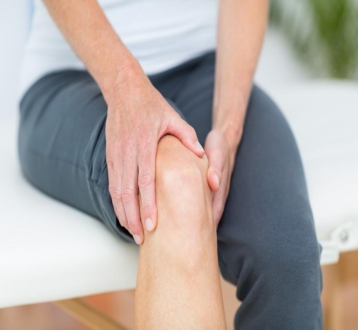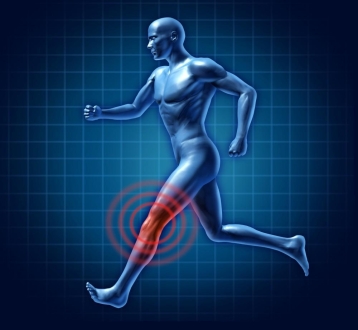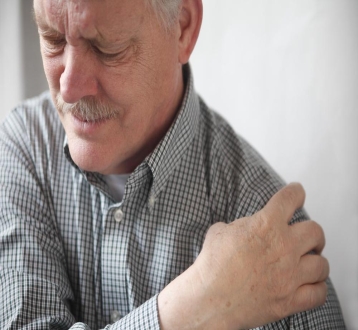
Do you have problems with the cartilage in your knee and are looking for ways to avoid or delay knee replacement surgery? Otis R. Drew, MD, in Lafayette, Louisiana, may have the answer you’re looking for.
Dr. Drew is a joint preservation specialist who offers a wide array of procedures to preserve deteriorating joints, including osteochondral allograft transplant (OATS) procedures.
What is cartilage?
Cartilage is a connecting tissue that serves as a cushion to a joint. Although it’s sturdy and pliable, it can get injured easily.
What is an OATS procedure?
When patients undergo an OATS procedure, allograft cartilage is taken from a cadaver donor. The donated cartilage is then sculpted and placed into the injured portion of the knee.
What is the benefit of an OATS procedure?
An OATS procedure can help preserve a joint. By transplanting allograft cartilage onto deteriorated cartilage, a patient’s deteriorating knee joint can be preserved. This can therefore help a patient delay or avoid a knee replacement surgery.
What causes cartilage deterioration?
There are several causes of cartilage deterioration, including:
Arthritis
Although there are three types of arthritis that are common to the knee, osteoarthritis is the most prevalent. Osteoarthritis is a condition that causes gradual cartilage degeneration.
Traumatic injury
Car accidents and high impact sports are the main culprits behind traumatic injuries to the knee.
Prolonged stress
When your knee joint undergoes prolonged periods of stress, the joint is prone to getting damaged. An example of prolonged stress is that of overweight individuals who carry extra weight on their joints.
Inactivity
Just as prolonged stress can cause deterioration, prolonged inactivity can also increase a person’s risk of cartilage degeneration.
What are the symptoms of cartilage deterioration?
Cartilage deterioration can cause painful symptoms, such as:
Swelling
The knee joint can become swollen and inflammed and be sore to the touch.
Limited range of motion
As the joint deterioration advances, routine physical activities, such as sitting or walking, might become more difficult.
Stiffness
Stiffness of the joint may occur and increase pain levels as well as limit motion.
If you suffer from any of these symptoms or think you could be at risk for cartilage deterioration, book an appointment over the phone with Otis R. Drew, MD today.










